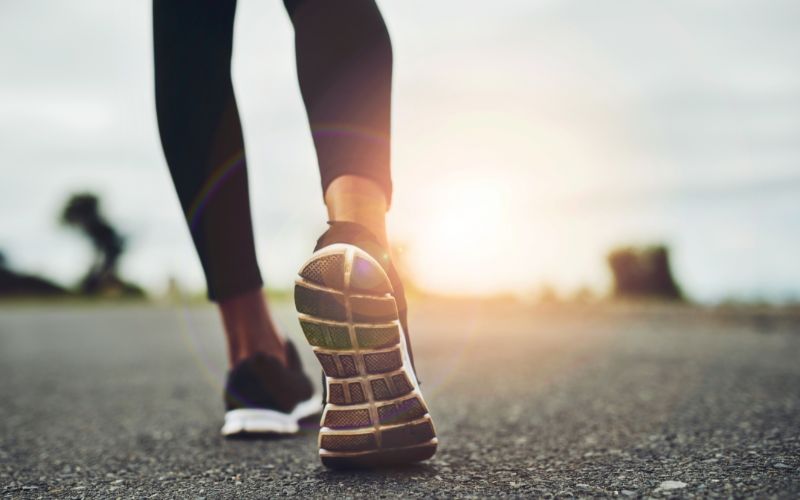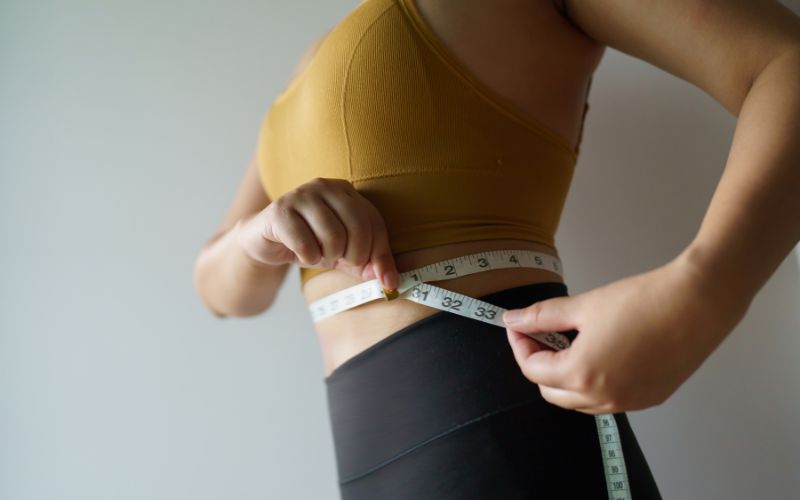Intermittent fasting is a popular dieting method for weight loss, involving alternating between eating and fasting. Many adherents to this method aim to burn more calories and boost their metabolism, but this can lead to increased fatigue.
So, is it advisable to exercise while intermittent fasting? Let’s explore this topic further.
1. Should You Exercise While Intermittent Fasting?
Before answering this question, let’s consider some pros and cons of exercising while intermittent fasting.
Pros
Combining intermittent fasting with exercise can positively impact your metabolism and biochemical processes in the body, including insulin sensitivity and stable blood sugar control. This can be especially beneficial for individuals with diabetes or metabolic syndrome.
Cons
However, exercising while fasting can deplete muscle glycogen. Additionally, fasting may not provide your body with sufficient energy, leading to increased fatigue and potentially hindering your workout performance.
Prolonged fasting coupled with intense exercise can result in physical exhaustion due to a lack of energy and calories, slowing down your metabolism.

Considering the pros and cons, it appears that exercising while intermittent fasting is possible if you are in good health. However, keep the following in mind:
- Avoid strenuous exercise if you feel hungry or exhausted as it may lead to dizziness or fainting.
- Don’t combine intermittent fasting with intense exercise for extended periods.
- Individuals with health issues like high blood pressure, diabetes, or coronary artery disease should refrain from exercising while fasting.
- Ensure you get enough sleep and stay hydrated to maintain good health before starting an intermittent fast.
2. How to Exercise Safely While Intermittent Fasting
Exercise at an Appropriate Intensity
To conserve energy and maintain your health, opt for low-intensity workouts during your fast, especially in the early and middle stages.
If you decide to increase the intensity of your workouts, reduce the duration—for example, if you typically exercise at a light intensity for 20 minutes, switch to a moderate intensity for 10 minutes.
Stay Hydrated
Whether you’re fasting or exercising, adequate daily water intake is crucial for smooth and healthy bodily functions. On average, an adult should consume about 2 liters of water per day, and even more if you’re exercising and losing fluids through sweating.

Time Your Workouts at the Beginning of Your Fast
The start of your fast is the optimal time to exercise as your body still has sufficient energy reserves to fuel your workout, potentially leading to more effective training sessions.
Choose Suitable Workouts
If you’re intermittent fasting, opt for low-intensity exercises like yoga, light jogging, or gentle pilates.

Prevent Electrolyte Imbalance
Increased physical activity results in higher energy expenditure, and essential electrolytes like sodium, potassium, and magnesium are lost through sweating. An electrolyte imbalance can negatively impact your health, so ensure you replenish these minerals through sports drinks or electrolyte-rich beverages.
Listen to Your Body
Pay close attention to your body from the moment you start intermittent fasting, especially when combined with exercise. If you frequently feel exhausted, dizzy, or weak, stop immediately and address these issues.

This article has addressed the question of whether it’s advisable to exercise while intermittent fasting. We hope you found it informative!
Source: Báo Phụ nữ Việt Nam
Unlock 8 Benefits with a Daily 5-Minute Jog
Living a hectic lifestyle can make fitting in time to exercise difficult. However, studies have revealed that even just 5 minutes of jogging a day can lead to positive outcomes for your health, including a decrease in the risk of developing cardiovascular disease, extending your life span by up to 3 years, or even reducing the susceptibility to heart disease.






































